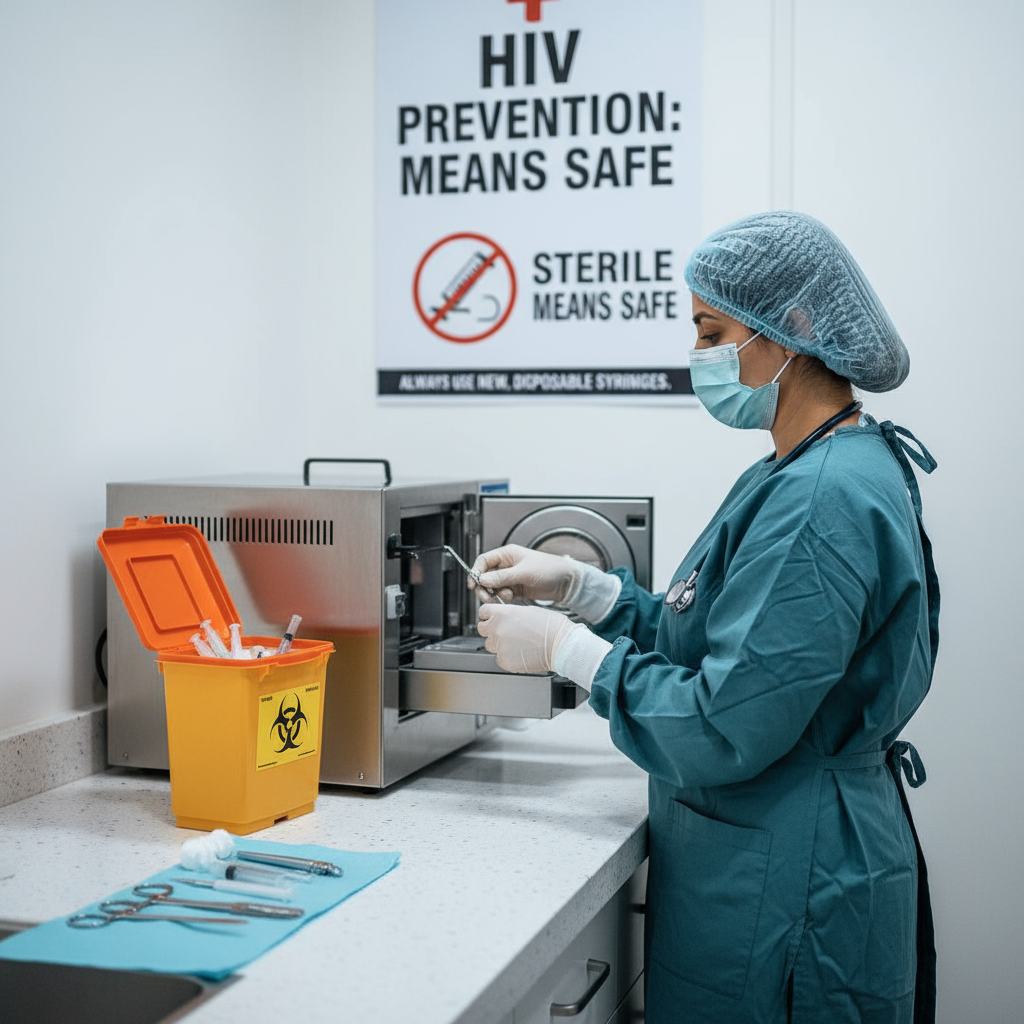Artificial Fragrances Linked to Reduced Lung Function in Children, Study Finds
A new European study warns that artificial fragrances may harm children’s lung development. Researchers from the French Institute for Health and Biomedical Research (INSERM) tracked children’s exposure to common chemicals found in many personal care items. These include phthalates, parabens, and PFAS substances often added to make products smell pleasant or last longer.
The study followed children from birth to early adolescence. Scientists found that those exposed to higher levels of these chemicals had weaker lung function at ages six and twelve. In contrast, children with lower exposure levels showed healthier respiratory performance. This suggests that the air we breathe and the products we use daily could have lasting health effects.
Everyday Exposure and Hidden Risks
Artificial fragrances are everywhere soaps, lotions, cleaning sprays, and even baby products. However, these pleasant scents may come at a hidden cost. When inhaled or absorbed through the skin, certain chemicals can interfere with normal lung development. Over time, this exposure may increase the risk of breathing problems or asthma-like symptoms in children.
Parents and caregivers often choose products labeled “fresh” or “gentle,” assuming they are safe. In reality, many of these items contain synthetic additives that can linger in indoor air. Therefore, choosing fragrance-free or naturally scented alternatives could help reduce potential risks.
Call for Safer Regulations
Scientists involved in the study stress the urgent need for stricter rules on chemical use in consumer goods. They argue that safer formulations are not only possible but necessary to protect children’s developing lungs. In addition, public awareness about the dangers of artificial fragrances could encourage more responsible manufacturing and purchasing habits.
The research sends a clear message: everyday scents might be doing more harm than good, especially to young, growing lungs.






